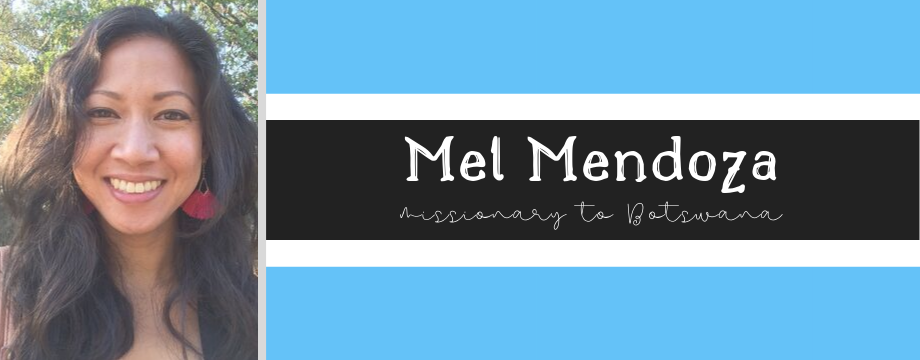Background
Formerly the British protectorate of Bechuanaland, Botswana adopted its new name upon independence in 1966. Four decades of uninterrupted civilian leadership, progressive social policies, and significant capital investment have created one of the most dynamic economies in Africa. Mineral extraction, principally diamond mining, dominates economic activity, though tourism is a growing sector due to the country’s conservation practices and extensive nature preserves. Botswana has one of the world’s highest known rates of HIV/AIDS infection, but also one of Africa’s most progressive and comprehensive programs for dealing with the disease.
General Facts
Nationality: Motswana (singular), Batswana (plural)
Ethnic Groups: Tswana (or Setswana) 79%, Kalanga 11%, Basarwa 3%, other, including Kgalagadi and white 7%
Religions: Christian 71.6%, Badimo 6%, other 1.4%, unspecified 0.4%, none 20.6% (2001 census)
Languages: Setswana 78.2%, Kalanga 7.9%, Sekgalagadi 2.8%, English 2.1% (official), other 8.6%, unspecified 0.4% (2001 census)
Geography
Location: Southern Africa, north of South Africa
Area – comparative: slightly smaller than Texas
Climate: semiarid; warm winters and hot summers
Natural Resources: diamonds, copper, nickel, salt, soda ash, potash, coal, iron ore, silver
Government
Government Type: parliamentary republic
Chief of State and Head of Government: President Seretse Khama Ian KHAMA (since April 1, 2008)
Capital: Gaborone
Economy
Botswana has maintained one of the world’s highest economic growth rates since independence in 1966, though growth fell below 5% in 2007-08, and turned sharply negative in 2009, with industry falling nearly 30%. Through fiscal discipline and sound management, Botswana transformed itself from one of the poorest countries in the world to a middle-income country with a per capita GDP of $13,100 in 2010. Two major investment services rank Botswana as the best credit risk in Africa. Diamond mining has fueled much of the expansion and currently accounts for more than one-third of GDP, 70-80% of export earnings, and about half of the government’s revenues. Botswana’s heavy reliance on a single luxury export was a critical factor in the sharp economic contraction of 2009. Tourism, financial services, subsistence farming, and cattle raising are other key sectors. Although unemployment was 7.5% in 2007 according to official reports, unofficial estimates place it closer to 40%. The prevalence of HIV/AIDS is second highest in the world and threatens Botswana’s impressive economic gains. An expected leveling off in diamond mining production within the next two decades overshadows long-term prospects.
Information courtesy of the CIA. For more info on Botswana, please visit: https://www.cia.gov/library/publications/the-world-factbook/geos/bc.html.




